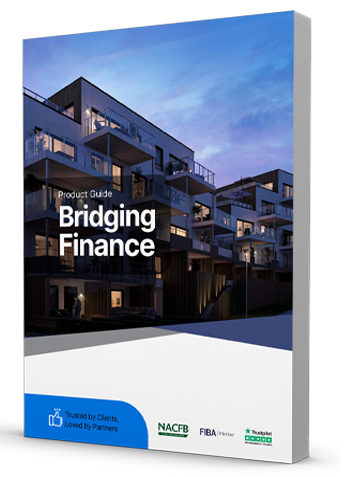HM Revenue & Customs is due to be granted new powers to compel financial institutions to pass on information about people’s properties without a court order or individual permission. Banks, investment advisors, fund managers, credit unions, insurance companies and credit card issuers may be forced to reveal details about their clients if they are provided by HMRC with a “financial institution notice” under the next financial bill.
Currently, HMRC may only ask a third party to provide details on an individual’s financial affairs if the individual agrees or the tax tribunal accepts the request. The government aims to implement the steps that will be in effect next year to make it simpler and easier for HMRC to exchange details with international tax authorities as part of a global initiative to combat evasion and tax avoidance. But the move has worried tax experts and the finance industry, warning the proposals would result in the tax authority growing requests.
The tax tribunal is a vital protection to ensure fair oversight and not unfettered access to personal financial matters, said Crowe’s consulting firm’s director of tax resolutions, Hayley Ives. It’s therefore troubling that HMRC might opt to circumvent this system. Often, without the taxpayer noticing.
If HMRC surpassed the target, the taxpayer will rely on the financial institution arguing on their behalf that the information was not reasonably needed, Ms Ives said. The Chartered Taxation Institute said it was “concerned about the lack of independent tribunal oversight, especially in cases involving UK taxpayers’ requests for information. UK Finance, the financial services exchange agency, expressed similar fears, saying the measures meant “watering down of protections.”
HMRC said it was necessary to obtain the information needed to tackle tax evasion and avoidance acceptably and efficiently. The new notice will include various taxpayer protections, in line with practice in all other G20 countries, and the power can only be used in particular situations where the information is reasonably needed to verify the tax status of a taxpayer, the tax authority said.
If the finance bill is passed in its current form, the new measures would allow HMRC to send notices to financial institutions for purposes of checking assets of individuals or collecting tax debts. The wide range of data that could be requested prompted some to fear that HMRC would use the notices to fish for information about people who did nothing wrong or made innocent mistakes.
In recent years, by granting HMRC so many powers, the Lords Economics Affairs Committee criticised the Treasury for eroding taxpayer protection. We will endorse the general idea that everybody should pay the due tax, and HMRC should be encouraged to collect the obligation. But it needs to be done in a balanced and proportionate way, even for taxpayers who are unrepresented by advisers who make innocent mistakes, said Tom Henderson, Low Income Tax Reform Community Technical Officer.
The UK is the only G20 country needing tribunal approval or taxpayer consent until a third-party notice can be given,” said Jake Landman, legal director at Pinsent Mason.
Source: Financial Times












